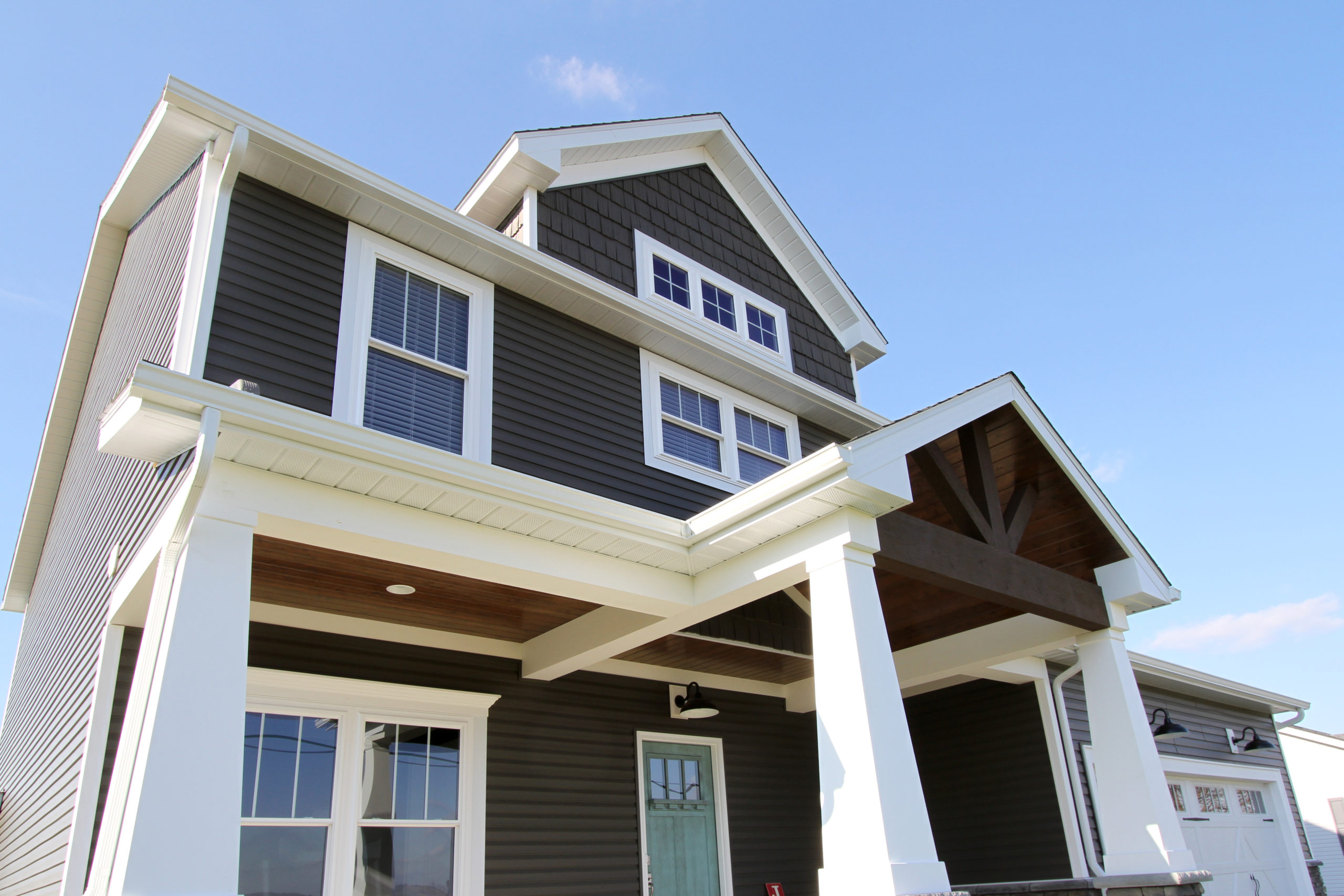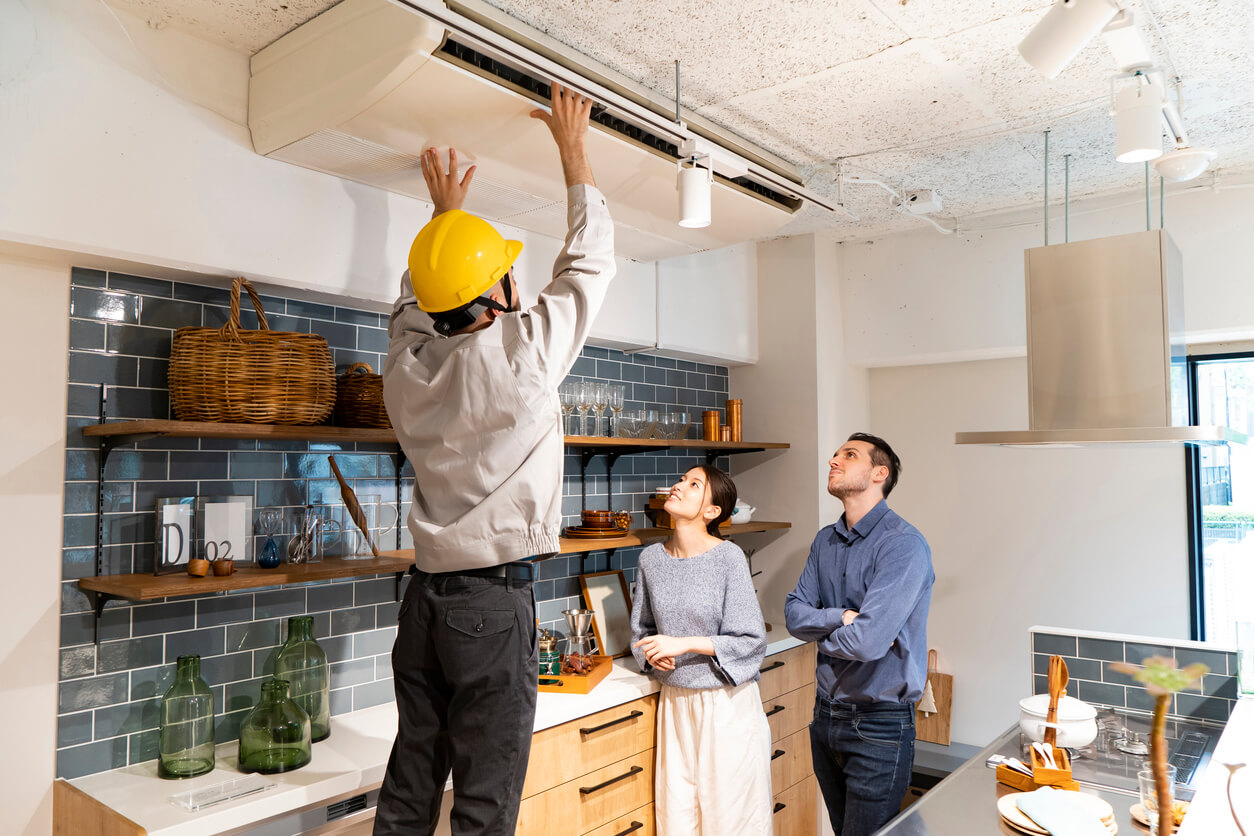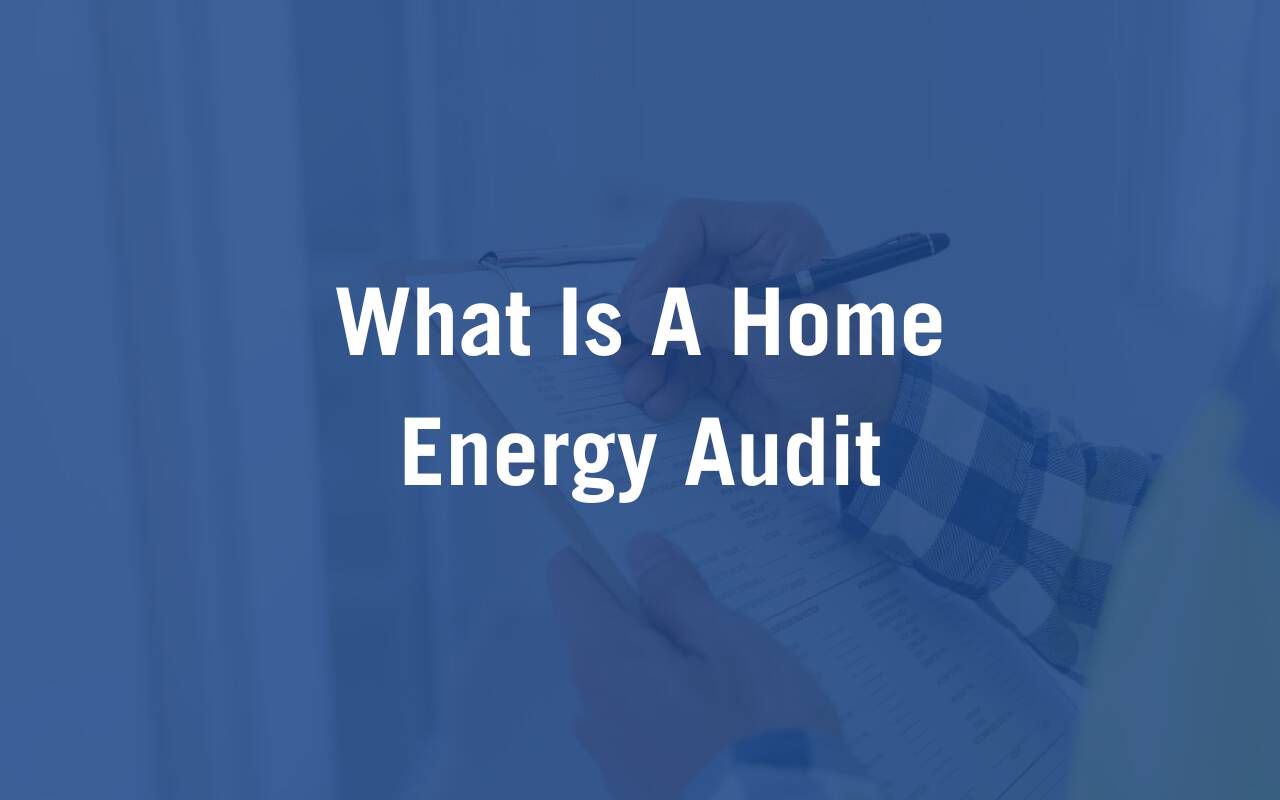If you’re wondering why your energy bills are unusually high or why certain rooms in your home are always too hot or cold, you’re not alone. A home energy audit can provide the answers you need by identifying exactly where your home is losing energy – and money.
A home energy audit offers a clear picture of your home’s energy efficiency. It uncovers areas where you can improve comfort, lower utility bills, and reduce your environmental footprint. From a detailed look at the audit process to tips on what you should do before and after, you’ll be well-equipped to make smart decisions for your home’s future.
In this article, we’ll break down everything you need to know about a home energy assessment, including what it is, why it’s essential, how much it costs, and what to expect during the process.

Understand everything from insulation to plumbing and what to expect from a complete home inspection.
What Is A Home Energy Audit?
A home energy audit is a comprehensive assessment of your home’s energy use. During the audit, a professional evaluates how efficiently your home uses energy and identifies areas where you waste energy. The goal is to help homeowners understand their current energy consumption and provide recommendations for improvements that can lower utility bills and increase comfort.
There are two main types of home energy audits: professional and DIY. A professional energy assessment of the home offers the most thorough analysis. An energy auditor often uses advanced tools like blower doors and thermal imaging to detect air leaks and insulation issues.
For those looking for a more affordable option, DIY energy audits provide a simpler overview of energy use through online guides and calculators. However, they won’t be as detailed or precise.
Why A Home Energy Audit Is Important
A house energy audit helps homeowners make informed decisions about their energy usage and home efficiency. A comprehensive audit identifies areas where people waste energy, leading to substantial cost savings, improved comfort, and a reduced environmental impact.
On a broader level, understanding your home’s energy efficiency is a key to long-term financial planning. An energy evaluation offers improvements that can increase property value and lower utility costs over time.
- Lower Energy Bills: A home energy audit pinpoints inefficient areas such as poor insulation or outdated appliances. This allows you to make adjustments that reduce energy consumption and lower monthly bills.
- Increased Comfort: An energy audit improves insulation and seals air leaks. This helps your home maintain a stable temperature, reducing drafts and making living spaces more comfortable.
- Tax Benefits and Incentives: Many local governments offer tax credits or rebates for homeowners who invest in energy-saving improvements.
- Environmental Impact: Reducing your home’s energy consumption decreases its carbon footprint.

Learn about home improvement financing options available so you’re ready for renovations and updates after inspection.
How Much Does A Home Energy Audit Cost?
A home energy assessment cost typically ranges from $200 to $600, depending on several factors. While this may seem like an upfront expense, the potential savings from energy-efficient improvements can quickly offset the cost. In many cases, homeowners recoup the cost of the audit within a year or two by reducing energy bills and taking advantage of local rebates or incentives. Furthermore, you can apply a home energy audit tax credit to your Federal taxes and save up to $150.
However, it’s important to remember that several factors can influence the price of a home energy audit:
- Location of Home: Geographic location can affect pricing due to local energy costs and audit demand.
- Size of Home: Larger homes take more time to assess, which can raise the overall cost.
- Scope of Audit: More comprehensive audits, which may include blower door tests or thermal imaging, can lead to greater savings but may increase the upfront cost.
What to Expect During a Professional Home Energy Audit
During a professional energy audit for a home, homeowners can expect a thorough evaluation of their home’s energy efficiency. The process involves several steps, each designed to identify areas of energy waste and recommend improvements.
- Overall Inspection: The auditor will begin with a visual inspection of the home, checking for obvious issues like poor insulation, air leaks, or outdated equipment.
- Data Collection: The auditor will gather data about your home’s energy use, such as past utility bills, to establish a baseline for energy consumption.
- Blower Door Testing: This test involves placing a specialized fan in an exterior door to measure how airtight the home is, which helps locate drafts and air leaks.
- Thermal Imaging: The auditor may use infrared cameras to detect areas where heat is escaping, especially around windows, doors, and walls.
- Appliance and Equipment Inspection: Heating and cooling systems, water heaters, and large appliances will be checked to determine their energy efficiency.
- Energy Usage Analysis: The auditor analyzes the data to compare your energy usage with similar homes and identify potential savings.
- Cost-Benefit Analysis: Recommendations will include a cost-benefit analysis. This outlines the potential savings from energy efficiency upgrades.
- Recommendations and Report: At the end of the audit, homeowners will receive a detailed report with personalized recommendations for improving their home’s energy efficiency.

Explore the Minnesota Exteriors blog to learn more tips for navigating all your home restoration and replacement questions.
The Home Energy Audit Process
The energy efficiency consultation process is designed to give homeowners a clear understanding of how energy is used – and wasted – throughout their homes. By identifying inefficiencies, the audit provides actionable recommendations for improvements that can lead to significant cost savings and increased comfort.
The process typically begins with an initial consultation, followed by a thorough inspection of the home’s energy systems and insulation. The auditor will use specialized tools like blower door tests and thermal imaging to identify energy loss areas.
Once the inspection is complete, homeowners receive a detailed report outlining the findings, potential upgrades, and an analysis of how much they could save by making the recommended improvements. Experts evaluate every aspect of the home’s energy efficiency, setting the stage for meaningful, long-term savings.
Preparing For The Audit
To make sure your home energy audit is as thorough and effective as possible, there are a few steps you can take to prepare. Start by gathering your past utility bills, which will help the auditor understand your energy usage patterns.
Next, make a list of any known issues, such as drafty rooms or unusually high energy bills, so the auditor can pay special attention to these areas. Finally, make sure the auditor has easy access to critical areas like the attic, basement, and crawl spaces, where energy leaks are most common.
- Gather Utility Bills: Provide your auditor with recent energy bills to help them identify patterns in your energy consumption.
- List Known Issues: Point out specific problem areas in your home, such as drafty windows or rooms that are difficult to heat or cool.
- Confirm Access: Clear pathways to areas like the attic, basement, or any other hard-to-reach spaces for a complete inspection.
- Schedule Around Your Routine: Make sure you set aside enough time for the audit, which may take a few hours depending on the size of your home.
After The Audit
Once you’ve received your home energy audit report, take action. Begin by reviewing the recommended improvements and prioritize them based on potential energy savings and your budget. Focus on high-impact energy saving upgrades like sealing air leaks or improving insulation first.
Consider working with professional services to ensure that they complete the recommended upgrades properly and efficiently. Addressing the issues found in the audit will lead to lower energy bills and increased home comfort.
- Review the Report: Go over the auditor’s recommendations and prioritize the improvements that will have the biggest impact on energy savings.
- Plan for Improvements: Create a timeline and budget for making the necessary changes to improve your home’s efficiency.
- Hire Professional Help: Work with trusted professionals to implement major improvements like insulation upgrades or HVAC replacements.
- Monitor Your Savings: Track your energy bills in the months after the improvements to measure the impact of the upgrades.
Enhance Your Home’s Energy Efficiency with MEI’s Expert Services
If you have questions about how to get an energy audit, or what to do with the results, contact us at Minnesota Exteriors to learn more. A home energy audit is just the first step toward achieving a more energy-efficient home.
When you’re ready to take the next steps, Minnesota Exteriors (MEI) is your trusted partner in upgrading your home. Whether it’s installing high-performance insulation, energy-efficient windows, or durable siding, MEI’s expert services will equip your home to handle the demands of Minnesota’s changing seasons.
MEI brings years of experience and commitment to quality. Our team helps homeowners make informed decisions that lead to long-term energy savings and increased property value. We know how important it is to keep the cold outside. When you work with MEI, you’ll not only improve your home’s energy efficiency but also enjoy peace of mind knowing that you completed the job right.
Want to know more? Contact us today!


